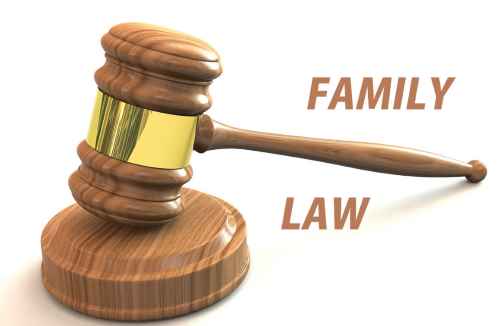Legal Questions? / Legal Answers!

Bailment - When Being Helpful Could Cost
You.
"So this was interesting because it is something
we all have done. I had a friend call me
to say he had given permission for a friend
to place a storage shed on his property a
year ago. The friend had sold an apt house
and he offered to allow her, free of charge,
to place the shed full of appliances and
furniture in his yard. After a year of not hearing from her, he
asked me to send her a letter reminding her
that the shed was still on his property and
he would like her to find another place to
put it. Just a nice guy doing a favor for
a friend but he needed his space back in
his yard. He brought me over a letter he
had received from her telling him she would
not remove the shed until she could afford
to do so. I then sent a letter to her requesting
her to remove the shed or we would consider
it abandonment of her property. I was a bit
surprised when he brought me over a letter
from her Attorney telling me he believed
this situation fell under the Bailment statue
and not the Abandonment statue. Something
new for me to learn and a new case to handle.
We've all done this as a favor to a family
member or friend. You should know what you
have agreed to when you allow it."
- Bailment - Legal Problems Of Being Nice
Bailment - The temporary placement of control
over, or possession of Personal Property
by one person, the bailer, into the hands
of another, the Bailee, for a designated
purpose upon which the parties have agreed.The
term bailment is derived from the French
bailor, "to deliver." It is generally
considered to be a contractual relationship
since the bailor and bailee, either expressly
or impliedly, bind themselves to act according
to particular terms. The bailee receives
only control or possession of the property
while the bailor retains the ownership interests
in it. During the specific period a bailment
exists, the bailee's interest in the property
is superior to that of all others, including
the bailor, unless the bailee violates some
term of the agreement. Once the purpose for
which the property has been delivered has
been accomplished, the property will be returned
to the bailor or otherwise disposed of pursuant
to the bailor's directions.
Categories
There are three types of bailments: (1) for
the benefit of the bailor and bailee; (2)
for the sole benefit of the bailor; and (3)
for the sole benefit of the bailee.
A bailment for the mutual benefit of the
parties is created when there is an exchange
of performances between the parties. A bailment
for the repair of an item is a bailment for
mutual benefit when the bailee receives a
fee in exchange for his or her work.
A bailor receives the sole benefit from a
bailment when a bailee acts gratuitously
for example, if a restaurant, a bailee, provides
an attended coatroom free of charge to its
customers, the bailors. By virtue of the
terms of the bailment, the bailee agrees
to act without any expectation of compensation.
A bailment is created for the sole benefit
of the bailee when both parties agree the
property temporarily in the bailee's custody
is to be used to his or her own advantage
without giving anything to the bailor in
return. The loan of a book from a library
is a bailment for the sole benefit of the
bailee.
"So what does this mean? It means that
if you verbally agree to allow a person to
hold a vehicle on your property, items in
your shed or furniture in your basement you
cannot get rid of them! Doesn't matter if
years have gone by without as much as a phone
call or a visit from the owner. You cannot
give it away, sell it or take it to the dump.
Not only that but you could also be legally
binded to protect the property you allowed
to be stored. If any of the property is damaged
before it is returned you could be found
"grossly negligent or has acted in bad
faith in taking care of the property. I couldn't
believe this was a law.. At least the Termination
is easy If you know where the owner's of
the property are, so they can be served"
Termination
A bailment is ended when its purpose has
been achieved, when the parties agree that
it is terminated, or when the bailed property
is destroyed. A bailment created for an indefinite
period is terminable at will by either party,
as long as the other party receives due notice
of the intended termination. Once a bailment
ends, the bailee must return the property
to the bailor or possibly be liable for conversion.
"If a bailment is an at will termination,
I suggest a registered letter should be sent
to the person explaining the 31 day notice
for them to receive their property or forfeit
it as being abandoned property."
My Final Thought...

"My friend really wanted to do the right thing
here and I sent several letters to her Attorney
trying to come up with solutions that would
work for everyone involved. We offered to
help sell the items or deliver them to another
storage facility for free or even help to
sell her new shed that was on his property.
Giving her all the profits from the sales
and keeping nothing for himself. After another
year of corresponding back and forth with
her Attorney he finally gave up because she
just would not compromise. I sent her a new
registered letter advising her that her property
would be considered abandoned and would be
dealt with accordingly if it was not removed
within the 31 days. We heard nothing from
her and after 60 days my friend, after disposing
of the abandon property, got his yard space
back."
This Website Visits

